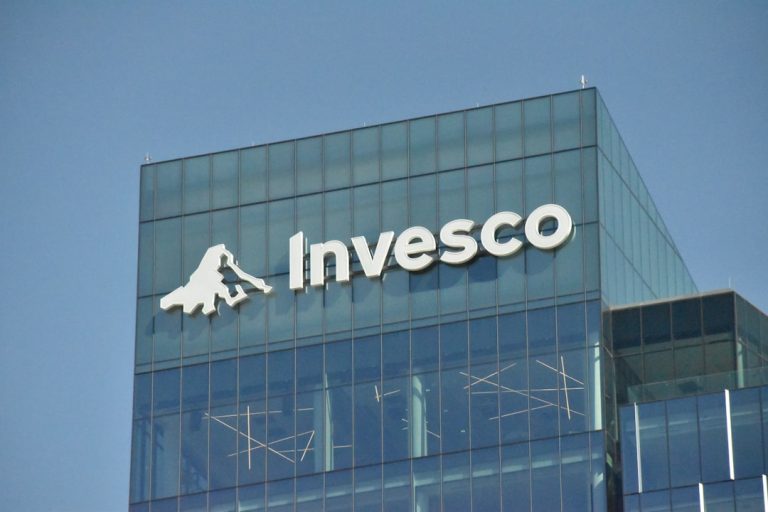Discover when the three-year rule for SEIS investments begins and how it impacts your startup funding strategy.
Introduction
The Seed Enterprise Investment Scheme (SEIS) is a pivotal initiative in the UK, designed to stimulate investment in early-stage startups by offering significant tax incentives to investors. Central to SEIS is the SEIS eligibility period, particularly the three-year rule, which plays a crucial role in maintaining these tax benefits. Understanding when this period commences is essential for both investors and startups aiming to optimize their funding strategies.
What is SEIS?
SEIS is a government-backed scheme that encourages investment in high-risk, early-stage companies by providing tax reliefs to individual investors. By reducing the financial risk, SEIS aims to foster innovation and growth within the UK startup ecosystem. Key benefits for investors include income tax relief, capital gains tax exemption, and loss relief, making SEIS an attractive option for those looking to support emerging businesses.
The Three-Year Rule Explained
When Does the SEIS Eligibility Period Start?
The three-year rule in SEIS investments marks the duration an investor must hold their SEIS-qualifying shares to retain the associated tax reliefs. This eligibility period commences on the date the SEIS shares are issued. It’s a critical timeframe that ensures both the investor and the startup are committed to long-term growth and stability.
Importance of the Eligibility Period
Maintaining the SEIS eligibility period is vital for investors to benefit fully from the tax incentives. If shares are sold or the company fails within the three-year period, investors may lose their tax reliefs. Therefore, understanding and adhering to this rule mitigates potential financial risks and aligns investor interests with the startup’s success.
Impact on Startup Funding Strategy
Attracting Investors
Startups seeking SEIS funding must clearly communicate the implications of the three-year rule to potential investors. By highlighting the long-term commitment required, startups can build trust and demonstrate their dedication to sustained growth, making their ventures more appealing to conscientious investors.
Planning for Growth
For startups, the three-year eligibility period necessitates strategic planning to ensure they achieve key milestones within this timeframe. This involves setting realistic growth targets, managing resources efficiently, and maintaining transparent communication with investors to foster a collaborative environment conducive to success.
Practical Considerations for Investors
Diversifying Investments
Given the commitment required by the three-year rule, investors should consider diversifying their SEIS portfolio to spread risk across multiple startups. This approach enhances the potential for returns while safeguarding against the volatility inherent in early-stage investments.
Monitoring Investment Performance
Regularly reviewing the performance of SEIS investments is essential. Investors should stay informed about the startups’ progress, financial health, and strategic decisions to make informed decisions about their holdings and to ensure alignment with their investment goals.
Oriel IPO: Simplifying SEIS Investments
Oriel IPO offers a streamlined platform for connecting UK startups with angel investors, emphasizing SEIS/EIS tax incentives. By eliminating commission fees and providing curated, tax-efficient investment opportunities, Oriel IPO enhances the investment experience. Their comprehensive educational resources empower investors and entrepreneurs to navigate the SEIS eligibility period confidently, fostering a robust investment culture in the UK.
Conclusion
Understanding the SEIS eligibility period and the three-year rule is fundamental for maximizing the benefits of SEIS investments. For investors, it ensures the retention of valuable tax reliefs, while startups can leverage this knowledge to attract committed funding. As the UK’s investment landscape continues to evolve, platforms like Oriel IPO play a crucial role in bridging the gap between innovative startups and discerning investors.
Ready to explore tax-efficient investment opportunities and connect with promising UK startups? Visit Oriel IPO today!



